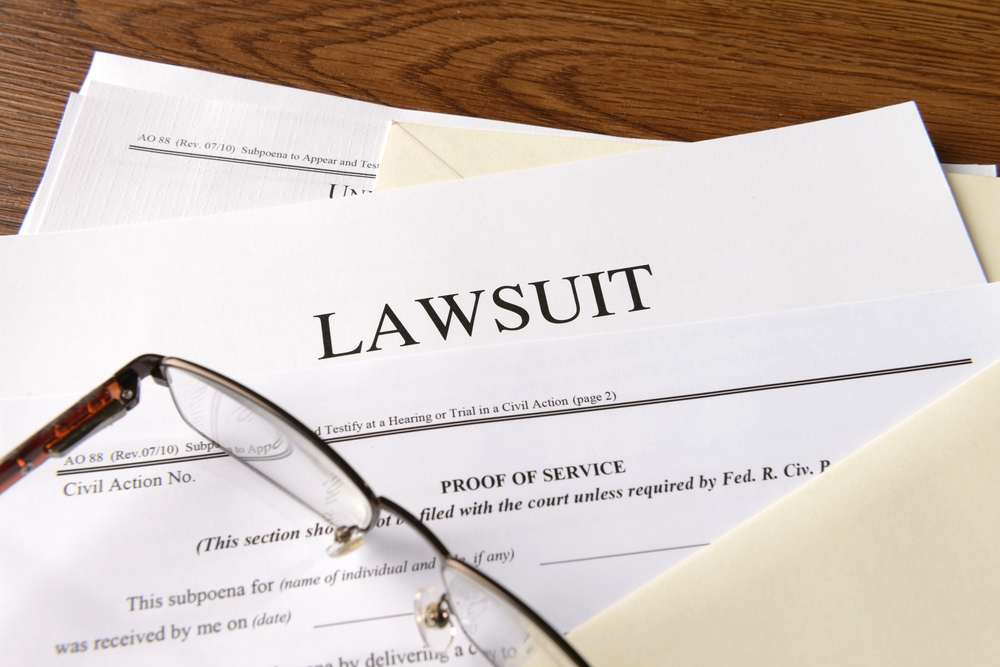Risk in Purchasing Property Subject to a Pending Foreclosure and Lis Pendens
When real property is the subject to a pending foreclosure action where there is a lis pendens (a formal notice), a buyer that purchases the property does so at his own risk because he is on notice that the property is subject to the foreclosure action [through the lis pendens]. Bymel v. Bank of America, N.A., 159 So.3d 345, 346 (Fla. 3d DCA 2015). The buyer is not permitted to intervene in the pending foreclosure action. See id. at 346-47. In a recent case, The Bank of New York Mellon v. HOA Rescue Fund, LLC, 43 Fla.L.Weekly D1312b (Fla. 2d DCA 2018),...
Continue reading












